Atty. Ice Baguilat lectures in UP IHR forum on Indigenous Peoples in the Academia
In celebration of the National Day of Indigenous Peoples and International Day of the World’s Indigenous Peoples, the UP IHR organized a forum entitled “Indigenous Peoples and Learning Spaces in the Academe” on 9 August 2022. The event which was held at the Bocobo Hall and simultaneously presented via Zoom and Facebook Live was opened by UP IHR Director Professor Elizabeth Aguiling-Pangalangan. In her welcome address, Professor Aguiling-Pangalangan pointed out that the role of academia in advancing IP rights is undeveloped. She highlighted the importance of amplifying the voices of indigenous peoples through the creation of learning spaces and UP IHR’s commitment to bring the conversation on IP’s concerns to a broader audience.
UP IHR’s Senior Legal Associate Atty. Raymond Marvic Baguilat then delivered the keynote lecture on the role of academia in forwarding the rights of indigenous peoples. Atty. Baguilat commenced his discussion by laying down the conceptual understanding of who are “indigenous peoples”. He then discussed the integration of indigenous peoples into the country’s educational institutions through programs namely scholarship assistance and the inclusion of courses on indigenous peoples in school curricula. He pointed out the limitations of these programs such as the politicization in the selection of scholars, the absence of culture-based learning materials, teachers’ limited capacity to facilitate courses on indigenous peoples, and the prohibitive requirements in the hiring of indigenous peoples as teachers. Lastly, Atty. Baguilat offered some insights on how to address these challenges. He mentioned three-pronged solutions: partnership, decolonization of the curriculum, and protection of IP students.
An open forum was subsequently conducted where onsite and online attendees raised their queries. Majority of the concerns revolved around the issues of the hiring of teachers who are competent in handling IP courses, the marginalization and discrimination of IP students, and the creation of decolonized curricula for IP education.

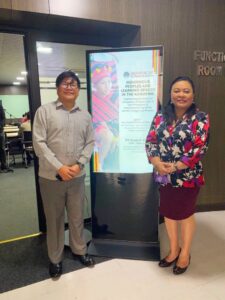
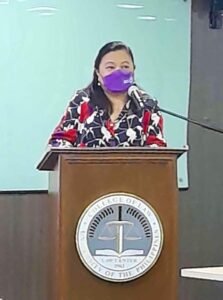
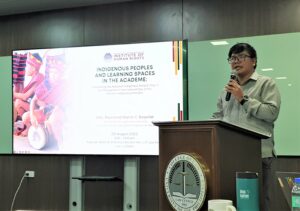
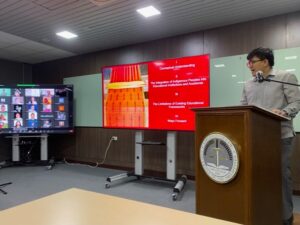
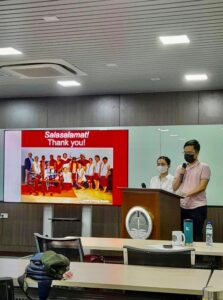
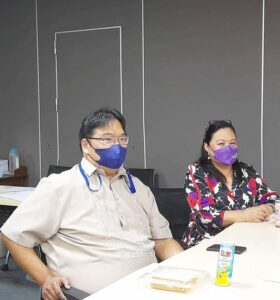
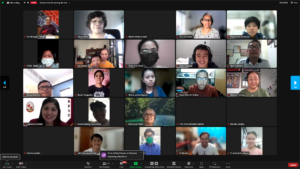
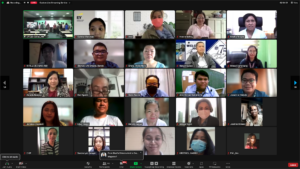
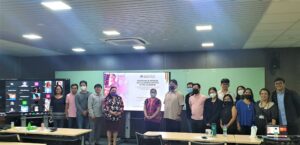






































































































 on the upper right corner to select a video.
on the upper right corner to select a video.